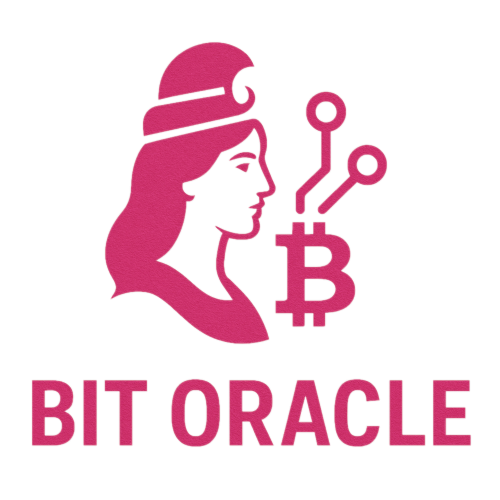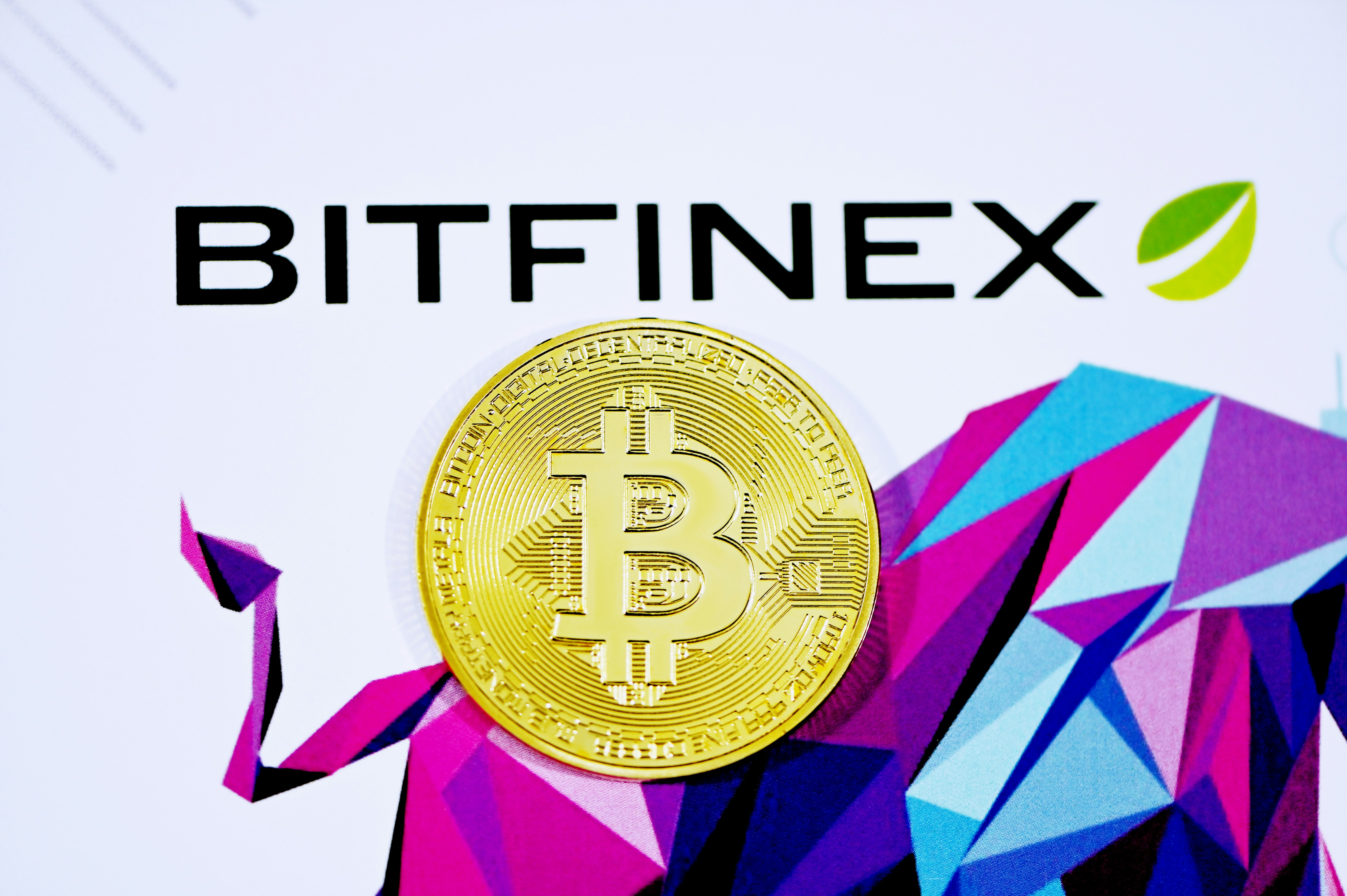Introduction
The emergence of Bitcoin as a significant player in the financial ecosystem marks a transformative period for the global economy. As the first decentralized cryptocurrency, Bitcoin investment has garnered substantial attention since its inception in 2009. Its influence extends beyond mere speculative interest; it is reshaping how value is stored, transferred, and perceived in the modern financial landscape.
Bitcoin operates on blockchain technology, a decentralized ledger that ensures transparency and security in transactions. This foundational technology not only underpins Bitcoin but also serves as a catalyst for innovation across various sectors, including finance, supply chain management, and more. The increasing adoption of Bitcoin underscores its role as a store of value, often referred to as “digital gold.” More individuals and institutions are recognizing its potential to function as a hedge against inflation and economic instability.
Moreover, the cryptocurrency market has witnessed a surge in interest from both retail and institutional investors. This trend has been propelled by heightened awareness of Bitcoin’s potential benefits compared to traditional fiat currency. As nations grapple with economic uncertainties, Bitcoin has emerged as a viable alternative, leading to discussions about its relevance and potential longevity in the financial landscape. The phenomenon of bitcoin halving, occurring approximately every four years, has significantly influenced its price and further fueled interest in cryptocurrency investment.
As we explore the relationship between Bitcoin and decentralized finance (DeFi), it becomes evident that this digital currency is more than just an asset; it embodies a broader movement towards financial self-sovereignty and innovation. With ongoing developments in Bitcoin mining and increasing network security, the cryptocurrency is poised for continued growth and adoption. By analyzing Bitcoin alongside traditional financial systems, we can gain a clearer understanding of its potential to redefine money in the digital age.
A Brief History of Bitcoin’s Creation
The inception of Bitcoin can be traced back to a whitepaper published by the pseudonymous entity Satoshi Nakamoto in 2008, titled “Bitcoin: A Peer-to-Peer Electronic Cash System.” This document laid the groundwork for what would become the first decentralized digital currency, fundamentally changing the landscape of the financial system. Nakamoto’s motivation stemmed from dissatisfaction with traditional banking, particularly during the 2008 financial crisis, which highlighted the vulnerabilities of centralized institutions and the need for a reliable alternative.
Bitcoin was introduced as a solution to the double-spending problem, a significant issue in digital currencies where a single digital token could be spent multiple times, undermining the integrity of any currency system. Through the innovative use of blockchain technology, Bitcoin established a public ledger that recorded all transactions in a manner that ensured their integrity and transparency without the need for a central authority. Each transaction is secured in a block and subsequently linked to the previous block, forming an immutable chain. This system provided a decentralized framework that allows users to transact directly with one another, minimizing reliance on banks and enhancing the concept of peer-to-peer financial interactions.
Furthermore, Bitcoin’s emergence coincided with the increasing reliance on the internet, creating a fertile ground for its adoption. Over the years, Bitcoin has positioned itself as a compelling store of value, often referred to as “digital gold.” This relationship was strengthened by its limited supply, governed by a systematic process known as bitcoin halving, which reduces the reward for mining new blocks by half approximately every four years. This demand-supply mechanism has fostered a burgeoning cryptocurrency market, drawing attention from investors seeking alternatives to traditional fiat currency. As Bitcoin gained traction, it also prompted discussions relating to decentralized finance (DeFi) and its potential implications for the future of global finance.
Why Bitcoin Matters
Bitcoin stands out as a transformative force within the financial landscape, fundamentally altering the way we perceive money and investment. As the first decentralized cryptocurrency, it introduces concepts such as financial sovereignty and individual ownership in a world where traditional fiat currencies are highly regulated by central authorities. Bitcoin provides users with the ability to store value independently, free from the influence of any governmental policies or economic fluctuations that typically accompany fiat currency systems.
One of the most significant characteristics of Bitcoin is its limited supply feature, capped at 21 million coins. This scarcity means that, unlike traditional fiat currencies that can be printed without limit, Bitcoin is inherently deflationary. In an era characterized by widespread inflation and monetary devaluation, Bitcoin serves as a hedge against these threats, allowing individuals to preserve their wealth over time. Its resilience against inflationary pressures is a crucial aspect of its growing adoption as a store of value, often being referred to as “digital gold.”
In addition to its scarcity, Bitcoin operates on a blockchain technology that ensures transactions are secure, transparent, and irreversible. This innovation enables borderless transactions without the need for intermediaries or processing delays, making it a superior alternative to traditional banking systems. Furthermore, its ability to function as censorship-resistant money empowers individuals in oppressive regimes, fostering financial inclusion and independence across the globe. Such attributes enhance the appeal of Bitcoin investment, particularly in regions with unstable economies or limited access to financial services.
The ongoing relevance of Bitcoin highlights its pivotal role in the cryptocurrency market. As it continues to establish itself as a significant player in decentralized finance (DeFi), it challenges conventional economic structures and provides a new paradigm of financial interaction. With increasing Bitcoin adoption, understanding its importance in the broader context of global finance is essential for anyone looking to navigate the future of money effectively.
Bitcoin vs. Traditional Finance
The financial landscape has experienced a profound transformation in recent years, primarily attributed to advancements in technology and the emergence of digital currencies like Bitcoin. At the heart of this transformation lies a fundamental divergence between Bitcoin, a leading cryptocurrency, and traditional finance systems. Traditional finance is characterized by centralized institutions such as banks, which serve as intermediaries in transactions, effectively managing and overseeing trust between parties. In contrast, Bitcoin operates on a decentralized platform, utilizing blockchain technology to enable peer-to-peer transactions without relying on a central authority.
This decentralization not only fosters a sense of autonomy but also enhances security and transparency in financial dealings. Each transaction recorded on the blockchain is immutable and publicly accessible, effectively eliminating the potential for fraud often associated with centralized systems. The role of trust, a critical component of traditional finance, is redefined in the context of Bitcoin, where trust is placed in cryptographic algorithms rather than intermediaries. This leads to greater efficiency, as transactions can be executed swiftly without the delays typically encountered in conventional banking processes.
Moreover, the concept of Bitcoin halving contributes to its value proposition as a store of value akin to digital gold. With a fixed supply cap, Bitcoin’s economic model fosters scarcity, contrasting sharply with fiat currencies that can be printed at will, leading to inflationary concerns. In terms of Bitcoin adoption, it is noteworthy that an increasing number of businesses and individuals are integrating digital currencies into their daily transactions, illustrating a growing acceptance of Bitcoin as an alternative to traditional finance.
As decentralized finance (DeFi) continues to evolve, it offers innovative solutions that challenge traditional banking practices by providing peer-to-peer lending, borrowing, and trading on blockchain platforms. By comparing Bitcoin to fiat currency, one can appreciate the transformative impact of cryptocurrency in reshaping financial behaviors and trends. Ultimately, the shifting paradigms of the financial ecosystem indicate that Bitcoin is not merely an investment vehicle but a key player poised to redefine the future of money.
The Shift from Fiat to Digital Gold
The financial landscape is undergoing a significant transformation as traditional fiat currencies face challenges from the rise of Bitcoin, often referred to as ‘digital gold.’ This metamorphosis is largely attributed to the growing recognition of Bitcoin’s potential as a store of value, drawing parallels with precious metals like gold. As concerns over inflation and economic instability increase, many investors are turning to Bitcoin investment as a hedge, re-evaluating their asset allocation strategies in the cryptocurrency market.
Bitcoin’s fundamental characteristics—limited supply and decentralization—underscore its appeal as an alternative to fiat currency. While fiat is subject to government policies and inflationary pressures, Bitcoin operates on blockchain technology, which offers transparency and security. This decentralization presents a compelling proposition, enhancing trust among investors who seek stability amidst fluctuating fiat values. As a result, the concept of Bitcoin as digital gold is gaining traction, prompting institutional investors to embrace it for more resilient asset portfolios.
The implications of this transition extend beyond individual investment decisions; entire financial strategies are being reshaped globally. Allocating a portion of investment capital to Bitcoin and other cryptocurrencies signifies a broader acceptance of decentralized finance (DeFi). This shift emphasizes the growing necessity for traditional financial institutions to adapt or risk obsolescence. In the Bitcoin vs fiat currency debate, the advantages of using a digital currency become increasingly evident, pushing more investors towards the adoption of cryptocurrencies as viable financial assets.
In conclusion, the move towards recognizing Bitcoin as digital gold symbolizes a significant step away from conventional fiat systems. As its adoption solidifies in the global market, Bitcoin investment is set to redefine the standards of value preservation and investment strategy, establishing its position as a formidable contender in the future of finance.
Bitcoin in Global Economy
Bitcoin has emerged as a transformative force within the global economy, significantly altering how individuals and institutions perceive and interact with money. The rise of this cryptocurrency has been marked by increasing institutional adoption, with prominent companies and financial institutions integrating bitcoin investment into their portfolios. This trend signals a shift in the traditional financial landscape, as more entities recognize the potential of bitcoin to serve as a store of value akin to digital gold.
The implications of this institutional engagement extend beyond mere speculation. As organizations incorporate bitcoin into their financial strategies, the cryptocurrency market experiences heightened legitimacy and stability. Furthermore, the evolving regulatory landscape surrounding cryptocurrencies plays a crucial role in facilitating this adoption. Governments worldwide are beginning to create frameworks that support the integration of bitcoin and other cryptocurrencies into the mainstream economy, ensuring that regulatory measures are balanced to foster innovation while protecting consumers.
Particularly notable is bitcoin’s role in remittances, especially in countries facing economic instability and soaring inflation rates. For individuals in these regions, bitcoin offers an alternative to traditional financial systems, enabling fast and cost-effective money transfers without the burdensome fees often associated with fiat currency transactions. This decentralized finance (DeFi) aspect empowers people in developing nations to manage their finances more effectively, bypassing the challenges posed by conventional banking systems.
Moreover, as bitcoin adoption continues to grow, it contributes to a broader conversation about the future of money. In countries with limited access to banking infrastructure, bitcoin presents an opportunity for financial inclusion, allowing individuals to participate in the global economy. The convergence of blockchain technology with evolving economic needs illustrates how bitcoin is not merely a financial asset but a potential catalyst for empowerment in underbanked communities.
The Future of Bitcoin
As we look towards the future of Bitcoin, it is essential to acknowledge the continuous innovations surrounding this digital asset, particularly with the advent of Layer 2 solutions such as the Lightning Network. These technologies aim to enhance Bitcoin’s scalability, addressing one of the most significant challenges that the cryptocurrency market faces today. The Lightning Network facilitates faster and more cost-effective transactions, allowing Bitcoin to evolve beyond its reputation as merely a store of value into a more functional medium of exchange.
Debates are ongoing regarding Bitcoin’s role as a store of value compared to traditional fiat currencies. Proponents argue that Bitcoin possesses many properties akin to digital gold, cementing its status as a reliable store of value, especially in times of economic uncertainty. With their limited supply and decentralized nature, cryptocurrencies provide a hedge against inflation and other economic fluctuations. However, critics point out the volatility inherent in the cryptocurrency market, which could undermine Bitcoin’s utility in everyday transactions.
The discussion around Bitcoin mining also plays a critical role in shaping its future landscape. As technological advancements continue to emerge, there is a growing emphasis on sustainability in mining practices. The integration of renewable energy sources and more efficient mining techniques may not only help mitigate environmental concerns but also reinforce Bitcoin’s value proposition in a world increasingly focused on ecological considerations.
In the context of decentralized finance (DeFi), Bitcoin’s future adoption is poised to intertwine with various financial services that aim to disintermediate traditional banks. This intersection of blockchain technology and finance is likely to lead to novel use cases and innovative applications that further solidify Bitcoin’s status in the financial ecosystem. As we move into the next decade, monitoring these developments will be critical in understanding the comprehensive role that Bitcoin will play in the future of finance.
Conclusion
The emergence of Bitcoin and its underlying blockchain technology represents a seismic shift in the landscape of finance. Bitcoin investment is no longer confined to the realm of speculative trading; it has evolved into a robust financial instrument that many consider a store of value. This transformation is resonating across the cryptocurrency market, where Bitcoin’s decentralized nature challenges traditional fiat currency systems.
As Bitcoin adoption increases, it is becoming evident that cryptocurrencies are not just digital assets but a facilitator of decentralized finance (DeFi). This progressive approach offers individuals greater control over their financial resources, reducing reliance on centralized institutions. The advent of Bitcoin halving events further reinforces the asset’s scarcity, enhancing its appeal as digital gold. Such occurring events contribute to the ongoing discourse surrounding Bitcoin mining and its sustainable practices, ensuring the long-term viability of this innovative currency.
In a world increasingly driven by technology, Bitcoin stands as a beacon of trust and freedom within the financial ecosystem. Rather than merely being compared to traditional fiat currency, Bitcoin embodies a revolutionary concept that promotes inclusivity and equitable access to financial services. As more participants engage with this digital currency, the potential for Bitcoin to redefine money in the digital age becomes increasingly apparent. The ongoing developments and discussions surrounding Bitcoin will undoubtedly shape the finance sector, presenting opportunities and challenges alike. As we navigate this transformative era, it is clear that Bitcoin is not just another investment; it is a fundamental shift in the way we perceive and interact with money itself.


